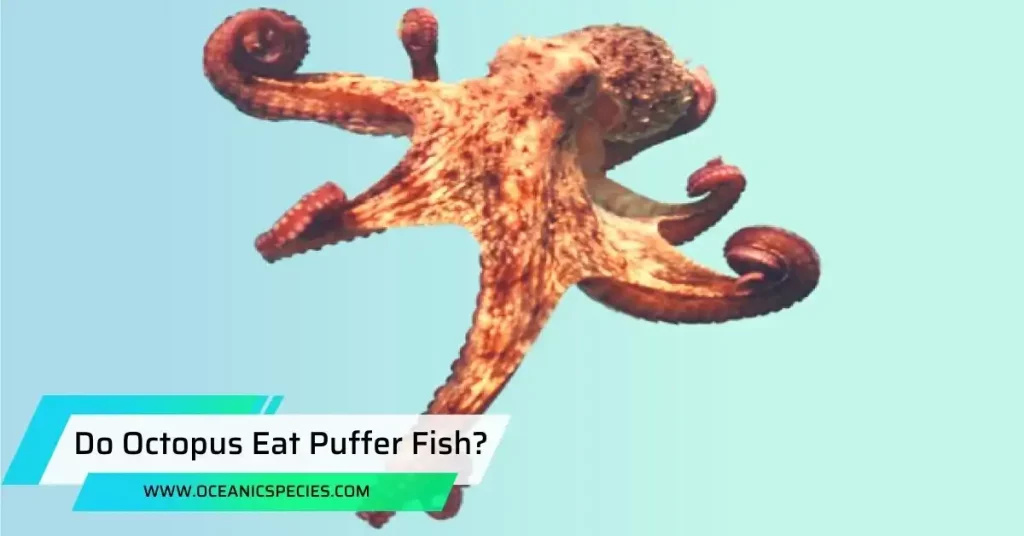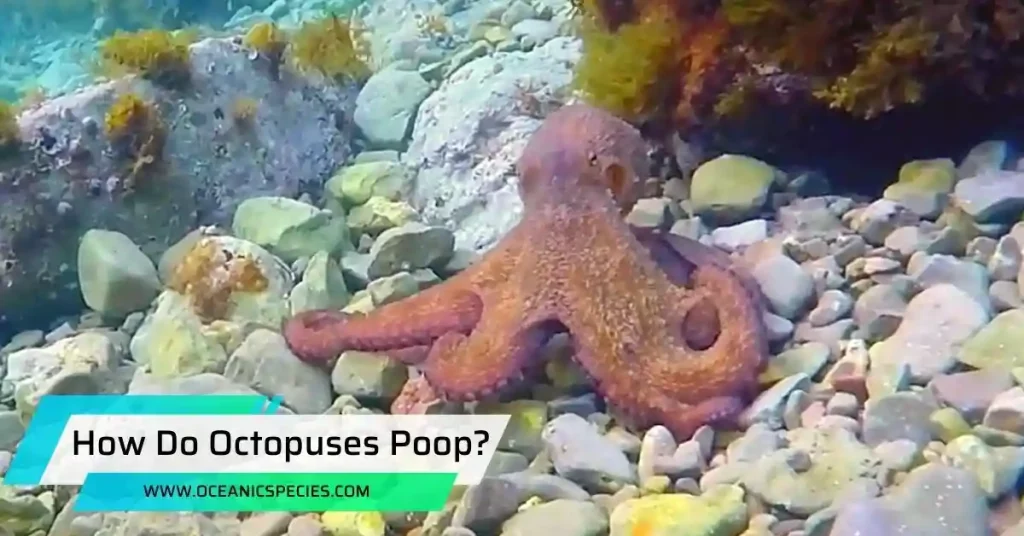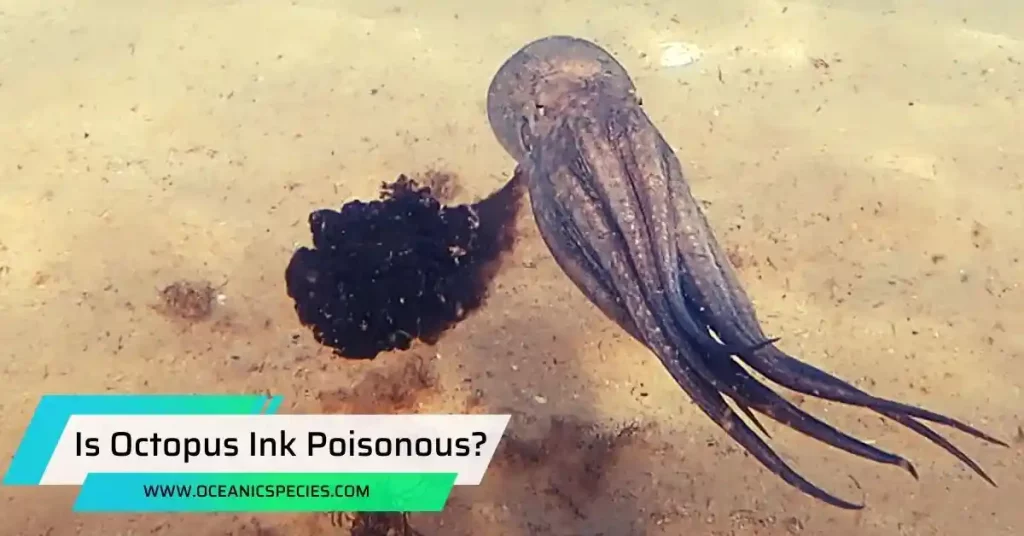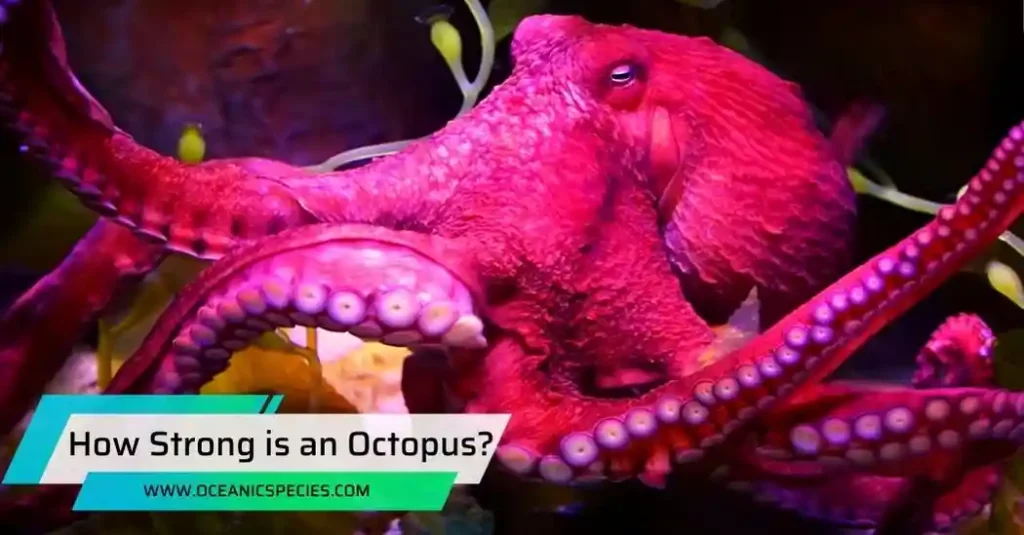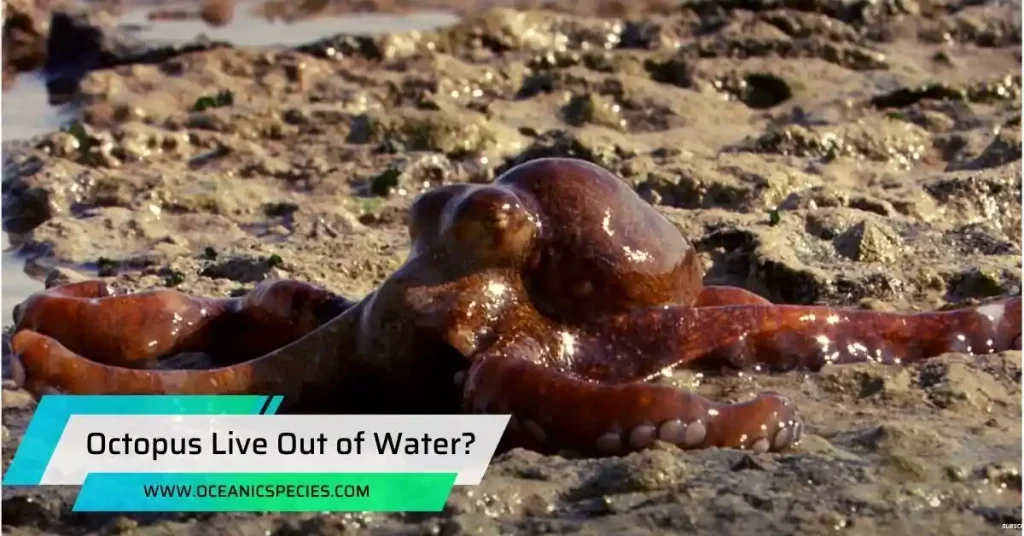Yes, octopuses eat puffer fish. Octopuses are known to eat a variety of prey, including puffer fish.
They have a diverse diet that also includes invertebrates like squid and cuttlefish, as well as small sharks and even birds in some cases. Octopuses employ various strategies and techniques to catch their food, such as wrapping their arms around prey to bring them close.
Their ability to adapt and use different tactics makes them successful hunters in their aquatic habitats. So, it is not uncommon for octopuses to eat puffer fish as part of their diet.
Octopus And Puffer Fish: An Unusual Interaction

Octopuses have been observed eating puffer fish, although it is not a common occurrence. These intelligent creatures use various strategies to catch their prey, including ambushing and overpowering them.
Octopus And Puffer Fish: A Remarkable Encounter
Octopuses and puffer fish are two unique creatures that share an intriguing relationship in the underwater world. Their interactions have caught the attention of researchers and nature enthusiasts alike. Let’s delve into the extraordinary encounters between these fascinating creatures.
Unveiling The Predatory Behavior Of Octopuses Towards Puffer Fish
Octopuses have been observed displaying predatory behavior towards puffer fish, making this interaction even more captivating. Despite the potential danger, some puffer fish have developed their own strategies to defend themselves against octopus attacks. Octopuses use their intelligence and remarkable camouflage skills to surprise and capture unsuspecting puffer fish.
Intricate Dynamics Between Octopuses And Puffer Fish
Octopuses target puffer fish not only for food but also due to their unique defense mechanism. When threatened, puffer fish inflate their bodies, making it challenging for predators like octopuses to swallow them whole. Although some octopuses may succeed in capturing puffer fish, others may find themselves getting pricked by the fish’s sharp spines.
Predatory Techniques Of Octopuses

Octopuses are known to have predatory techniques, and they do eat puffer fish. These intelligent creatures use various strategies and tricks to catch their prey, which includes not only puffer fish but also other invertebrates, squid, cuttlefish, small sharks, and even birds.
Cunning Tactics Used By Octopuses To Catch Prey
Octopuses are intelligent predators that employ a variety of cunning tactics to catch their prey. Here are some of the strategies they use:
- Camouflage and stealth: Octopuses are masters of disguise, blending seamlessly with their surroundings to hide from both predators and prey. They can change the color and texture of their skin to match their environment, making them virtually invisible.
- Amazing abilities of camouflage and mimicry: Octopuses can mimic not only the color and texture of their surroundings but also the shape and movement of other marine creatures. By imitating predators or potential mates, they can deceive their prey and get closer without raising suspicion.
- Ingenious strategies employed by octopuses to catch puffer fish: Puffer fish are known for their ability to inflate their bodies as a defense mechanism. However, octopuses have developed ingenious ways to overcome this challenge and enjoy a tasty meal. Some tactics include:
- Stealthy approaches: Octopuses patiently stalk their prey, slowly inching closer without alerting the puffer fish of their presence.
- Surprise attacks: By waiting for the perfect moment, octopuses can swiftly grab a puffer fish when it least expects it, using their powerful arms and suckers to secure their catch.
- Skillful manipulation: Octopuses have been observed using their dexterous arms to flip puffer fish onto their backs, rendering them helpless and unable to inflate. This allows the octopus to enjoy a meal without the risk of being injured by the puffer fish’s sharp spines.
Octopuses are truly remarkable creatures, demonstrating remarkable intelligence and adaptability in their predatory techniques. Through their cunning strategies, camouflage, and mimicry, octopuses are able to successfully catch and consume a variety of prey, including puffer fish.
Biology Of Octopuses And Puffer Fish Predation
Octopuses are known to eat a variety of prey, including puffer fish. These intelligent creatures use various strategies to catch their food, such as camouflage and ambush techniques.
Octopuses and puffer fish have a fascinating relationship in the underwater world. To understand why octopuses prey on puffer fish, we need to dive into the biology of these creatures and explore their unique adaptations. Let’s take a closer look at the anatomy and adaptability of octopuses for predation, as well as their intelligence and problem-solving skills.
We’ll also explore the defense mechanisms of puffer fish and how octopuses overcome them. Finally, we’ll delve into the evolutionary history of octopuses and their predatory behavior.
Anatomy And Adaptability Of Octopuses For Predation:
Eight flexible arms equipped with strong suction cups for grasping and manipulating prey. Camouflaging abilities, allowing them to blend seamlessly with their surroundings. Excellent eyesight and a keen sense of touch, aiding them in detecting prey and potential threats.
Beak-like jaws that can deliver a powerful bite to subdue prey. Impressive flexibility, allowing them to squeeze through small crevices and access hiding places.
Understanding Octopuses’ Intelligence And Problem-Solving Skills:
Octopuses are incredibly intelligent creatures, capable of solving complex puzzles and exhibiting advanced problem-solving skills.
They can manipulate objects and use tools, such as rocks or shells, to create shelters or open hard-to-crack prey. Octopuses have been observed exhibiting curious and exploratory behavior, demonstrating a high level of cognitive ability.
Their ability to learn and adapt quickly enables them to outwit their prey and navigate challenging environments.
Puffer Fish Defense Mechanisms And How Octopuses Overcome Them:
Puffer fish have evolved various defense mechanisms as a survival strategy against predators, but octopuses have found ways to overcome them:
- Puffer fish have the ability to inflate their bodies, making them appear larger and more difficult to swallow.
- They also possess sharp spines or spiky skin that deter predators from attacking.
- Puffer fish secrete a toxin called tetrodotoxin, which is highly poisonous and can be deadly to predators if consumed.
Octopuses have developed techniques to disarm these defenses, such as:
- Biting the puffer fish in less vulnerable areas, avoiding contact with the poisonous spines.
- Using their beak to pierce the puffer fish’s skin and expose the flesh, bypassing the toxic organs.
Evolutionary History Of Octopuses And Their Predatory Behavior:
Octopuses have a long evolutionary history, dating back millions of years, which has shaped their predatory behavior:
- Fossil evidence suggests that octopuses have been successful predators since ancient times, adapting to various marine environments.
- The ability to camouflage and blend with their surroundings likely evolved as a strategy to surprise unsuspecting prey.
- Over time, octopuses have developed sophisticated hunting techniques, taking advantage of their intelligence and unique physical attributes.
Octopuses And Puffer Fish: Prey Or Predator?

Octopuses are known to feed on a variety of prey, including puffer fish. While not their primary choice, octopuses have been observed attempting to eat puffer fish in certain circumstances.
Octopuses and puffer fish have an intriguing relationship in the underwater world. While both species are known for their unique and fascinating characteristics, they also share a reciprocal relationship as both prey and predator. Let’s delve into the dynamics of this intriguing interaction and explore the various factors that influence their behavior.
Reciprocal Relationship Between Octopuses And Puffer Fish:
Octopuses and puffer fish engage in a complex dance of predation and defense. They act as both predators and prey depending on the circumstances. Octopuses use their intelligence, powerful beaks, and agility to capture and consume puffer fish, which can be a vital food source for them.
On the other hand, puffer fish possess a potent defense mechanism. When threatened by an octopus or other predators, they inflate their bodies, turning into a spiky ball. This makes them difficult to swallow and potentially harmful to predators.
Instances Of Puffer Fish Defending Themselves Against Octopuses:
Puffer fish employ various tactics to ward off octopuses. Some species have sharp spines on their bodies, while others release a toxin that can be lethal to predators. When confronted by an octopus, puffer fish swiftly inflate themselves, making it challenging for the octopus to catch or consume them.
Puffer fish may also swim away rapidly, making it difficult for an octopus to pursue them, or they may seek refuge in crevices or coral formations.
Factors Influencing Octopuses’ Decision To Prey On Puffer Fish:
Octopuses’ decision to hunt puffer fish may depend on several factors, including the availability of alternative prey options and the nutritional value provided by puffer fish. The octopus’s hunger level and energy requirements also come into play, as they may be more inclined to target puffer fish as a readily available food source.
Additionally, the size and physical capabilities of both the octopus and the puffer fish can influence the likelihood of successful predation.
Role Of Environmental Factors In The Predation Of Puffer Fish By Octopuses:
Environmental factors, such as the presence of suitable hiding spots, may influence the octopus’s ability to capture and consume puffer fish. Octopuses thrive in habitats with an abundance of rocks, coral reefs, and crevices, which provide hiding spots and ambush locations to surprise their prey. The availability of puffer fish populations in their habitat plays a significant role in the frequency of predation events.
Frequently Asked Questions
What Do Puffer Fish Get Eaten By?
Puffer fish can be eaten by tiger sharks, sea snakes, and humans.
What Type Of Fish Do Octopus Eat?
Octopuses eat various types of fish, including squid, cuttlefish, small sharks, and even birds.
Do Puffer Fish Eat Other Animals?
Yes, puffer fish do eat other animals.
Conclusion
Octopuses are fascinating creatures that have a diverse diet. While they primarily feed on invertebrates like squid, cuttlefish, and small crustaceans, some species have been known to consume puffer fish. This behavior is not commonly observed, but there have been instances where octopuses have attempted to eat puffer fish.
However, it is important to note that puffer fish possess a powerful defense mechanism in the form of toxin-filled spines, making them a challenging prey for octopuses. Octopuses are highly intelligent and adaptable animals, and they employ various strategies to catch their food.
While puffer fish may not be a staple in an octopus’s diet, their occasional consumption serves as a testament to the octopus’s versatility as a hunter. As we continue to study and learn more about these amazing creatures, there is still much to unravel about the complexities of their feeding behaviors and interactions with other marine species.

